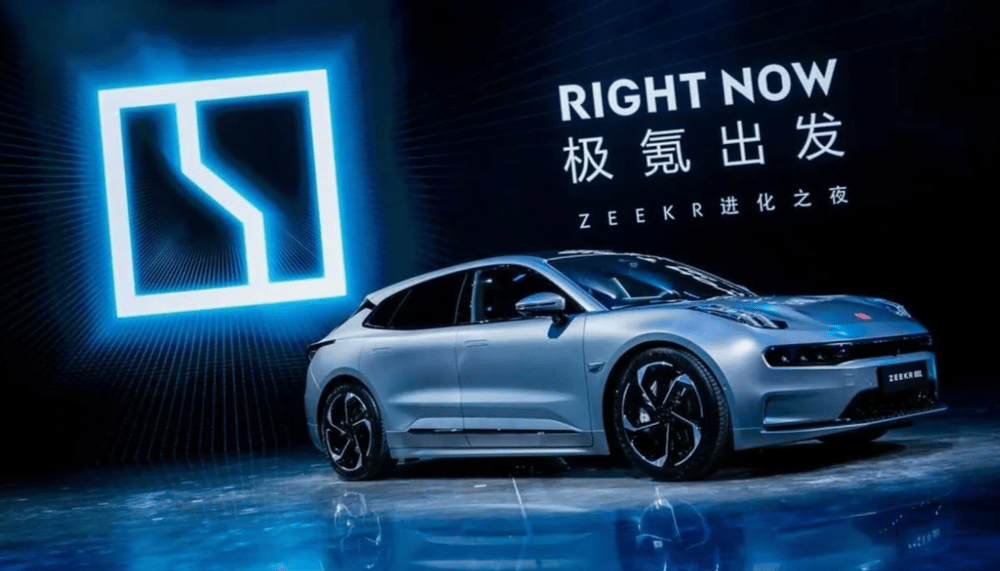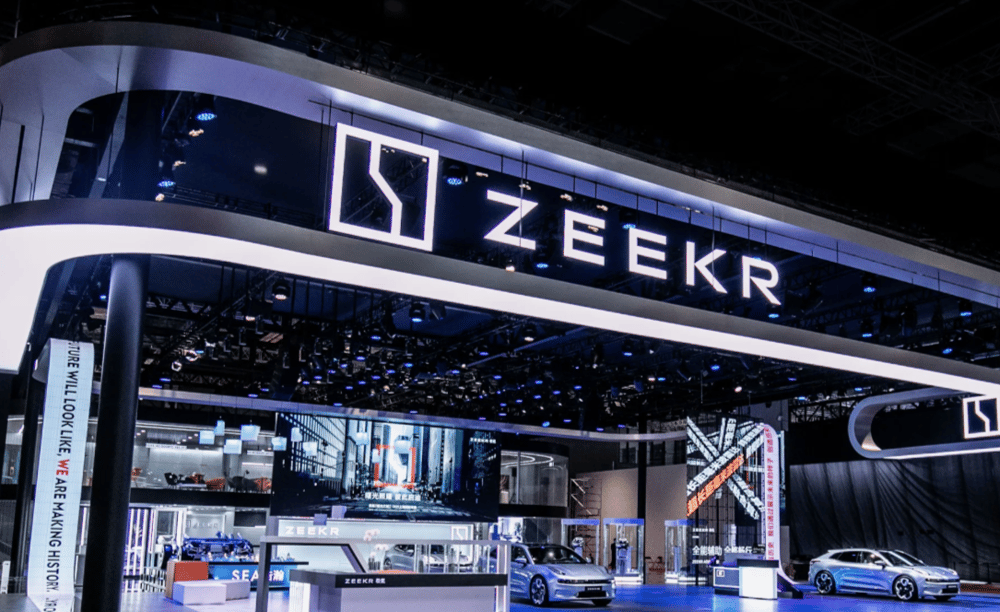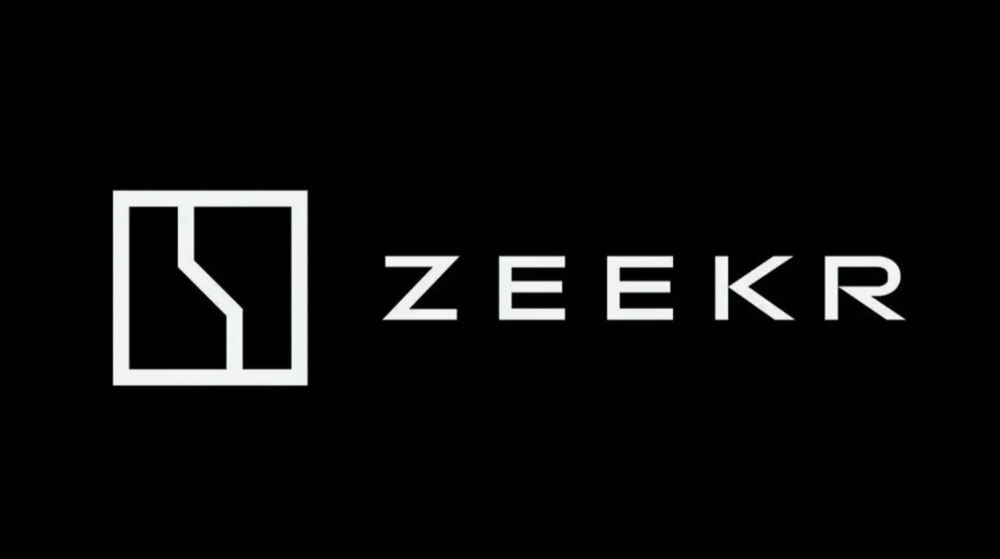Zeekr $2.2B Privatization Bid by Geely Faces Investor Pushback Over Valuation
Chinese automotive conglomerate Geely $GELYF has offered to privatize its premium electric vehicle subsidiary Zeekr $ZK for approximately $2.2 billion USD. The move, intended to bring the brand back under full private control following its Nasdaq IPO in 2023, has met with sharp resistance from some of Zeekr’s cornerstone investors.
Key stakeholders, including battery giant Contemporary Amperex Technology Co Ltd (CATL) $300750.SZ, Intel Capital, and Boyu Capital, argue that the proposed valuation significantly undervalues the fast-growing EV brand, according to sources familiar with the matter. The challenge centers on a perceived disconnect between Zeekr’s market potential and the offered buyout price.
Implications of a Low-Valuation Buyout for the EV Sector
Geely’s privatization offer for Zeekr comes amid growing global competition in the premium electric vehicle segment. While the brand has positioned itself as a high-performance, tech-focused alternative to established players like Tesla $TSLA and BYD $1211.HK, investors claim the $2.2 billion offer fails to reflect recent growth metrics, brand equity, and innovation assets.
The dissenting parties reportedly submitted formal objections via two letters addressed to Zeekr and a special committee established to evaluate the transaction. Their position underscores a broader tension between corporate strategic control and venture investor returns in China’s tech-heavy automotive sector.
If the deal proceeds under the current terms, it may set a precedent for undervaluing tech-forward EV firms, especially in early post-IPO phases. Conversely, successful resistance by institutional stakeholders could signal a new balance of power in Chinese capital markets between founders and outside investors.

Quick Facts Snapshot:
Privatization Offer: $2.2 billion USD
Target: Zeekr Intelligent Technology Holding Ltd
Parent Company: Geely Holding
Opposing Investors: CATL, Intel Capital, Boyu Capital
IPO Year: 2023, Nasdaq listing
Investor Action: Two formal letters contesting valuation
Core Concern: Offer below perceived fair market value
Investor and Market Reactions
1. Capital Market Sentiment
Investors across Chinese and U.S. markets are closely watching the outcome, as it could influence future EV-sector IPO reversals and venture capital exit strategies. A discounted privatization may dampen future institutional participation in early-stage Chinese tech firms.
2. Geely's Strategic Objectives
From Geely’s perspective, full control over Zeekr could allow more integrated long-term planning and operational flexibility, especially in R&D and international expansion. However, the backlash highlights potential reputational risk, particularly with global investors.
3. Signals to the Broader EV Sector
The offer comes during a period of intensified consolidation in the EV space, where premium brands are increasingly viewed as strategic assets rather than standalone growth plays. The valuation dispute may serve as a litmus test for how intangible value like brand positioning, autonomous tech, and software stacks are priced in buyout contexts.

Key Investor Concerns:
Undervaluation Relative to Growth Metrics and IPO Price
Limited Transparency in Special Committee Review Process
Precedent Risk for Future Buyouts of Strategic Tech Assets
Potential Conflict of Interest in Boardroom Decision-Making
Impacts on Capital Inflows into China’s Tech and Auto Sectors
A Tense Confrontation Between Capital and Control
The clash over Zeekr’s privatization terms reveals deepening fault lines in the EV investment landscape, especially as early-stage backers seek fair exits in a volatile capital market. If Geely proceeds without addressing valuation concerns, the reputational and financial fallout may extend beyond this single transaction.
This situation serves as a crucial case study in governance dynamics within Chinese tech conglomerates, and raises key questions about the valuation of strategic innovation assets in a maturing EV market. Whether this dispute is resolved through renegotiation, litigation, or regulatory intervention, its outcome will likely shape investor sentiment across the broader tech and mobility ecosystem.















Comments
Geely’s bold gambit to privatize Zeekr might redefine the premium EV market despite growing investor resistance.